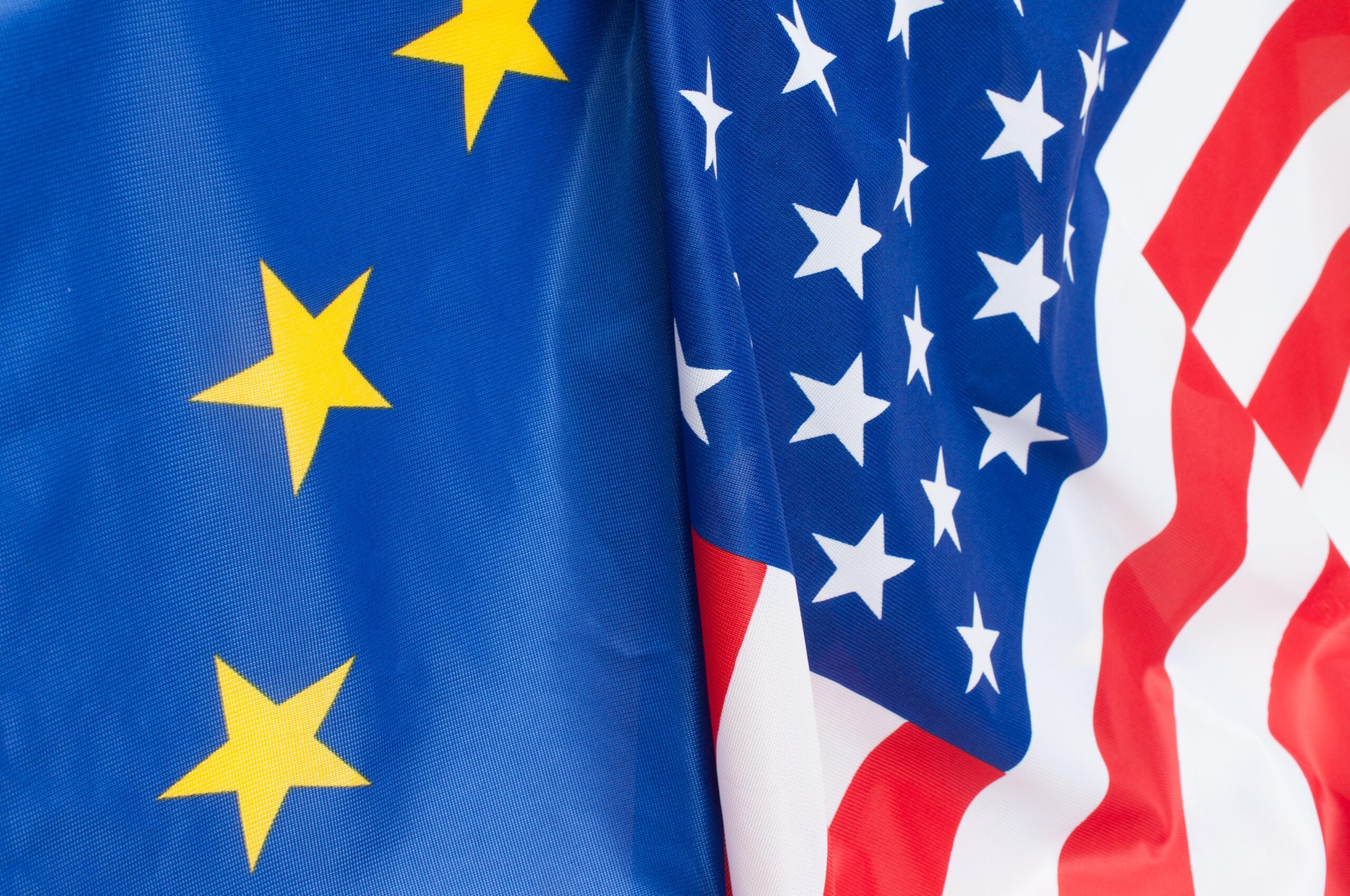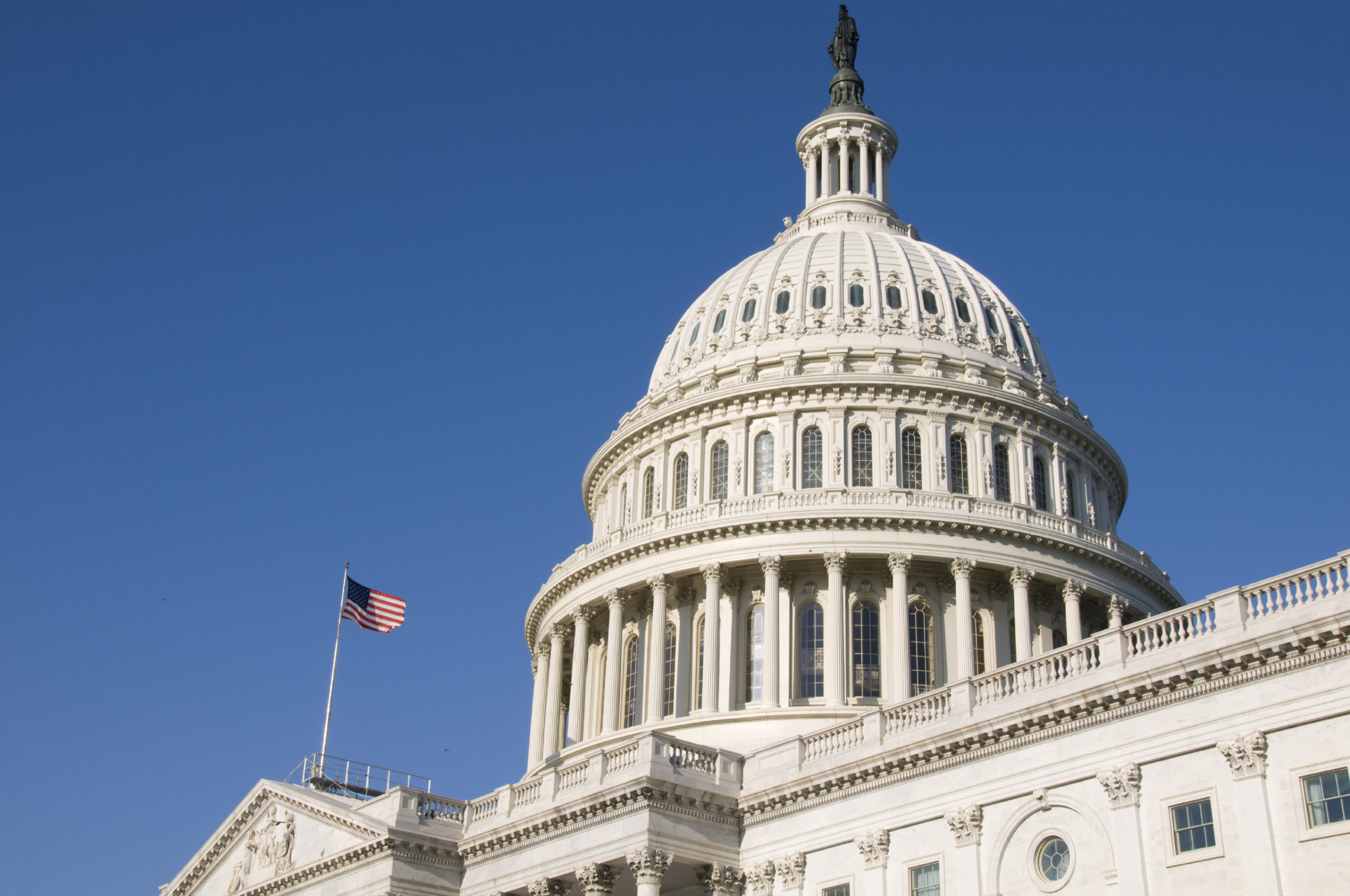
On June 14, 2023, the European Commission proposed negotiating directives for a critical minerals agreement with the United States, intending to promote a partnership between the US and the European Union as allies in the global race to net zero and to strengthen their respective critical mineral supply chains. Back in early March, US President








